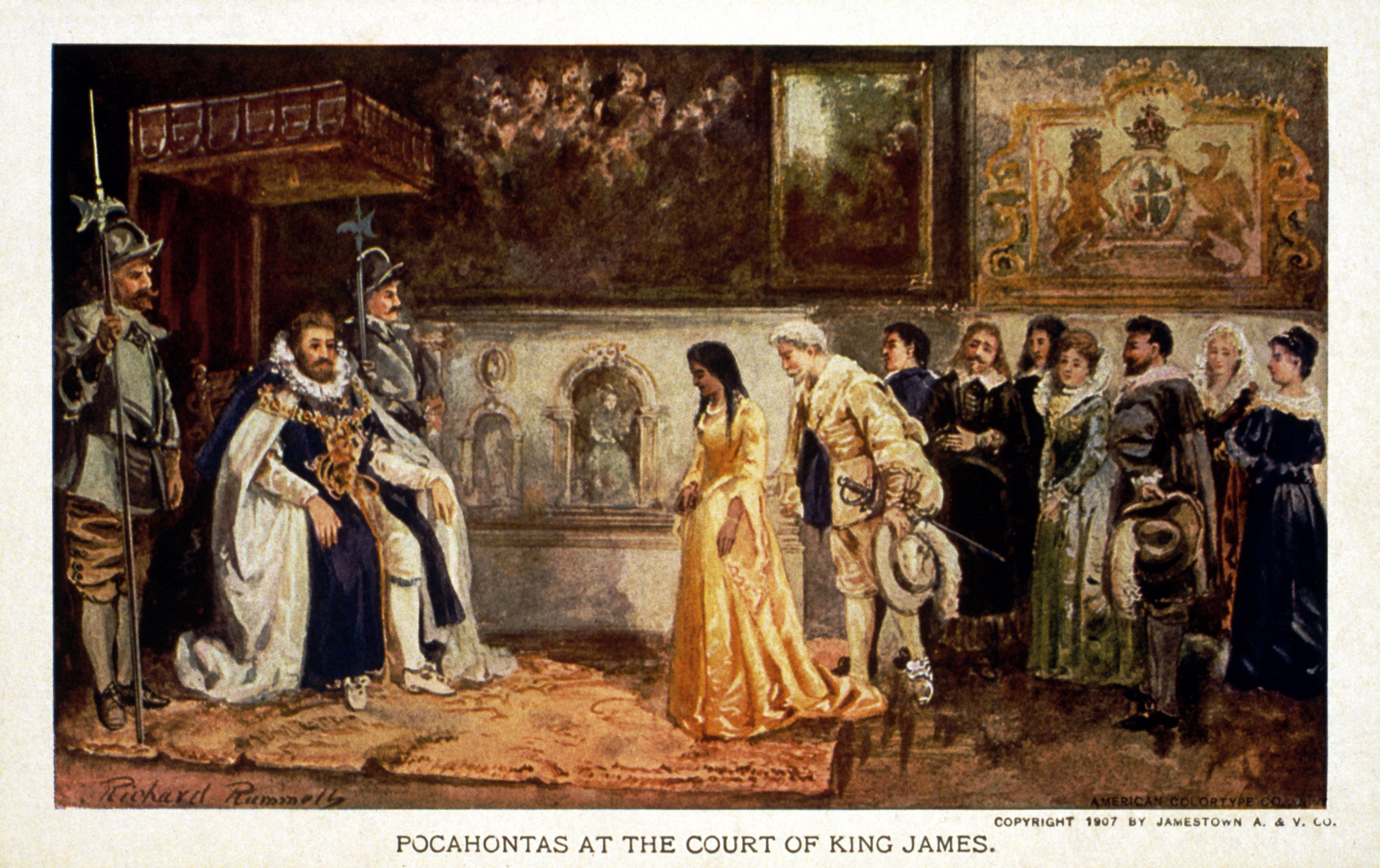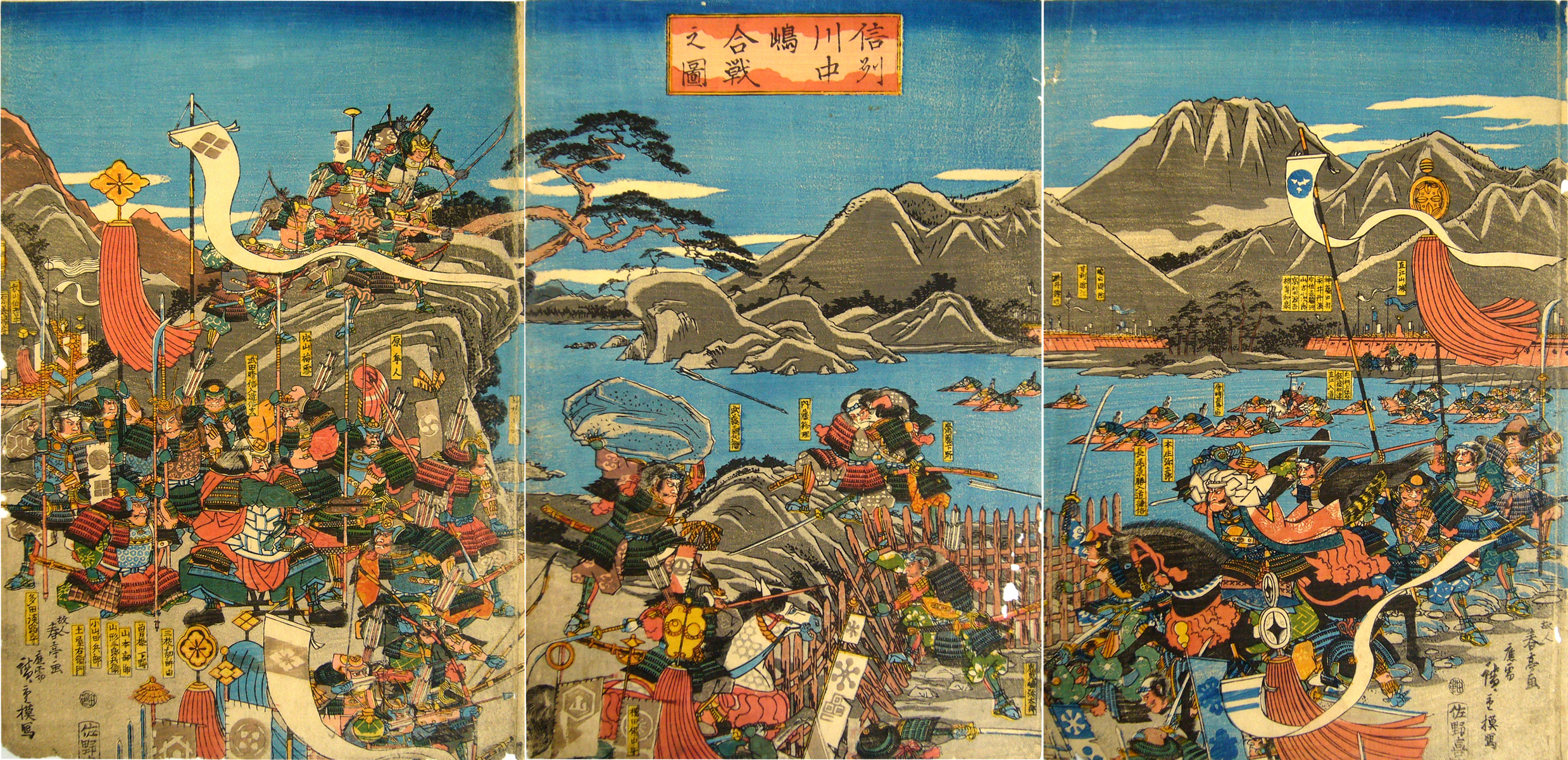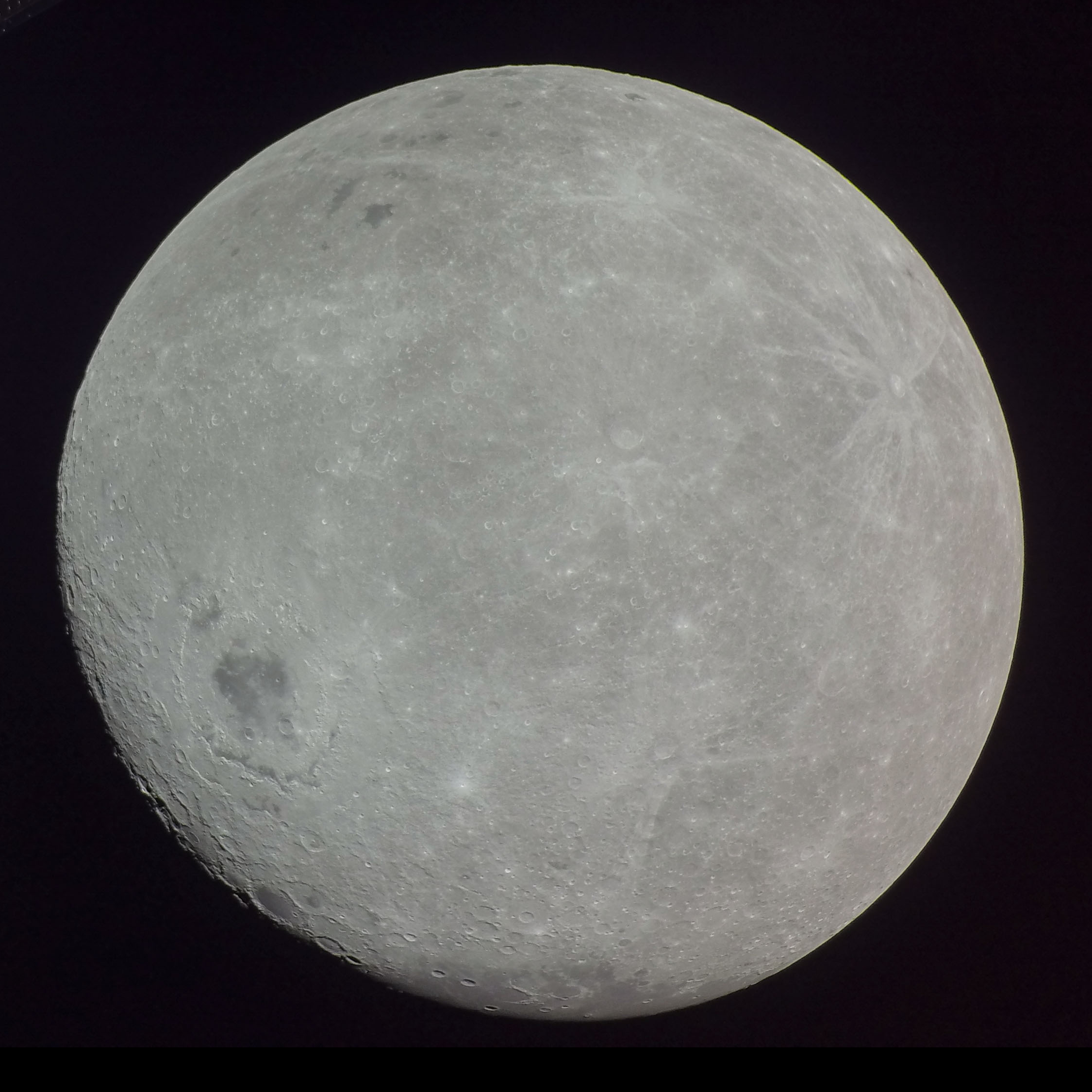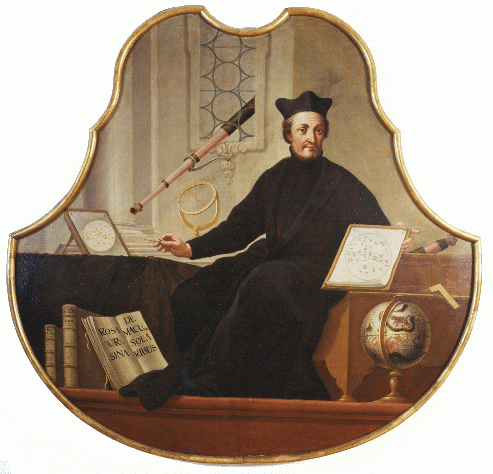|
David Fabricius
David Fabricius (9 March 1564 – 7 May 1617) was a Frisian pastor who made two major discoveries in the early days of telescopic astronomy, jointly with his eldest son, Johannes Fabricius (1587–1615). David Fabricius (Latinization of his proper name ''David Faber'', or ''David Goldschmidt''; possibly Hebrew) was born at Esens, studied at the University of Helmstedt starting in 1583 and served as pastor for small towns near his birthplace in Frisia (now northwest Germany and northeast Netherlands), at Resterhafe near Dornum in 1584 and at Osteel in 1603. As was common for Protestant ministers of the day, he dabbled in science: his particular interest was astronomy. Fabricius corresponded with astronomer Johannes Kepler. Scientific work Fabricius discovered the first known periodic variable star (as opposed to cataclysmic variables, such as novas and supernovas), Mira, in August 1596. At first he believed it to be "just" another nova, as the whole concept of a recurring va ... [...More Info...] [...Related Items...] OR: [Wikipedia] [Google] [Baidu] |
Frisians
The Frisians () are an ethnic group indigenous to the German Bight, coastal regions of the Netherlands, north-western Germany and southern Denmark. They inhabit an area known as Frisia and are concentrated in the Dutch provinces of Friesland and Groningen (province), Groningen and, in Germany, East Frisia and North Frisia (which was a part of Denmark until 1864). The Frisian languages are spoken by more than 500,000 people; West Frisian language, West Frisian is officially recognised in the Netherlands (in Friesland) while North Frisian language, North Frisian and Saterland Frisian language, Saterland Frisian are recognised as regional languages in Germany. Name There are several theories about the origin of the name of the Frisians, which is derived from ''Frisii'' or ''Fresones'', names used by the Romans to describe a Germanic tribe that inhabited the same region but disappeared during the 5th century before the appearance of the Frisians. Most probably the name is derived ... [...More Info...] [...Related Items...] OR: [Wikipedia] [Google] [Baidu] |
China
China, officially the People's Republic of China (PRC), is a country in East Asia. With population of China, a population exceeding 1.4 billion, it is the list of countries by population (United Nations), second-most populous country after India, representing 17.4% of the world population. China spans the equivalent of five time zones and Borders of China, borders fourteen countries by land across an area of nearly , making it the list of countries and dependencies by area, third-largest country by land area. The country is divided into 33 Province-level divisions of China, province-level divisions: 22 provinces of China, provinces, 5 autonomous regions of China, autonomous regions, 4 direct-administered municipalities of China, municipalities, and 2 semi-autonomous special administrative regions. Beijing is the country's capital, while Shanghai is List of cities in China by population, its most populous city by urban area and largest financial center. Considered one of six ... [...More Info...] [...Related Items...] OR: [Wikipedia] [Google] [Baidu] |
1617 Deaths
Events January–March * January 5 **Pocahontas and Tomocomo of the Powhatan Algonquian peoples, Algonquian tribe, in the Virginia colony of America, meet James VI and I, King James I of England as his guests, at the Banqueting House, Whitehall, Banqueting House at Whitehall. **''The Mad Lover'', a play by John Fletcher (playwright), John Fletcher, is given its first performance. * February 27 – The Treaty of Stolbovo ends the Ingrian War between Sweden and Tsardom of Russia, Russia. Sweden gains Swedish Ingria, Ingria and Priozersk, Kexholm. * March 4 – On Shrove Tuesday, angry rioters burn down London's Cockpit Theatre because of its increase in the price of admission to its plays. Three rioters are killed when the actors at the theater defend themselves. * March 7 – Francis Bacon is appointed as Lord Keeper of the Great Seal of England and is designated by King James I to serve as regent during the time that the King of England is away from West ... [...More Info...] [...Related Items...] OR: [Wikipedia] [Google] [Baidu] |
1564 Births
Year 1564 (Roman numerals, MDLXIV) was a leap year starting on Saturday of the Julian calendar. Events January–March * January 26 – Livonian War – Battle of Ula: A Grand Duchy of Lithuania, Lithuanian surprise attack results in a decisive defeat of the numerically superior Tsardom of Russia, Russian forces. * February 7 (11th waning of Tabodwe 925 ME) – Burmese–Siamese War (1563–1564), Burmese–Siamese War: Invaders from Burma overcome the seaside defenses of the Siamese capital at Phra Nakhon Si Ayutthaya (city), Ayutthava, capturing the batteries of cannons and a set of ships sent by Portugal to help defend the kingdom.G. E. Harvey, ''History of Burma: From the Earliest Times to 10 March 1824'' (Frank Cass & Co. Ltd., 1925) pp.167-168 * February 18 (8th waxing of Tabaung 925 ME) – The Burmese–Siamese War (1563–1564), Burmese–Siamese War ends with the surrender of King Maha Chakkraphat of Ayutthaya kingdom, Ayutthaya (now Thailand) ... [...More Info...] [...Related Items...] OR: [Wikipedia] [Google] [Baidu] |
Pastor
A pastor (abbreviated to "Ps","Pr", "Pstr.", "Ptr." or "Psa" (both singular), or "Ps" (plural)) is the leader of a Christianity, Christian congregation who also gives advice and counsel to people from the community or congregation. In Lutheranism, Catholicism, Eastern Orthodoxy, Oriental Orthodoxy and Anglicanism, pastors are always Ordination, ordained. In Methodism, pastors may be either License to Preach (Methodist), licensed or ordained. The New Testament typically uses the words "bishops" (Acts 20:28) and "presbyter" (1 Peter 5:1) to indicate the ordained leadership in early Christianity. Likewise, Peter instructs these particular servants to "act like Shepherd, shepherds" as they "oversee" the flock of God (1 Peter 5:2). The words "bishop" and "presbyter" were sometimes used in an interchangeable way, such as in Titus 1:5-6. However, there is ongoing dispute between branches of Christianity over whether there are two Holy orders, ordained classes (presbyters and deacons), ... [...More Info...] [...Related Items...] OR: [Wikipedia] [Google] [Baidu] |
Moon
The Moon is Earth's only natural satellite. It Orbit of the Moon, orbits around Earth at Lunar distance, an average distance of (; about 30 times Earth diameter, Earth's diameter). The Moon rotation, rotates, with a rotation period (lunar day) that is synchronized to its orbital period (Lunar month#Synodic month, lunar month) of 29.5 Earth days. This is the product of Earth's gravitation having tidal forces, tidally pulled on the Moon until one part of it stopped rotating away from the near side of the Moon, near side, making always the same lunar surface face Earth. Conversley, the gravitational pull of the Moon, on Earth, is the main driver of Earth's tides. In geophysical definition of planet, geophysical terms, the Moon is a planetary-mass object or satellite planet. Its mass is 1.2% that of the Earth, and its diameter is , roughly one-quarter of Earth's (about as wide as the contiguous United States). Within the Solar System, it is the List of Solar System objects by ... [...More Info...] [...Related Items...] OR: [Wikipedia] [Google] [Baidu] |
Fabricius (crater)
Fabricius is a lunar impact crater that is located within the northeast part of the walled plain Janssen. Attached to the north-northwest rim is the slightly larger crater Metius. Fabricius has multiple central peaks that rise to 0.8 km, with a rugged rise to the northwest running north–south. The rim is lumpy and somewhat distended, most noticeably to the southwest and south. It is 78 kilometers in diameter and 2,500 meters deep. It is from the Eratosthenian period, 3.2 to 1.1 billion years ago. It is named after David Fabricius, a 16th-century German German(s) may refer to: * Germany, the country of the Germans and German things **Germania (Roman era) * Germans, citizens of Germany, people of German ancestry, or native speakers of the German language ** For citizenship in Germany, see also Ge ... astronomer. Satellite craters By convention these features are identified on lunar maps by placing the letter on the side of the crater midpoint that is closest to Fabricius ... [...More Info...] [...Related Items...] OR: [Wikipedia] [Google] [Baidu] |
From The Earth To The Moon
''From the Earth to the Moon: A Direct Route in 97 Hours, 20 Minutes'' () is an 1865 novel by Jules Verne. It tells the story of the Baltimore Gun Club, a post-American Civil War society of weapons enthusiasts, and their attempts to build an enormous Columbiad#In fiction, Columbiad space gun and launch three people – the Gun Club's president, his Philadelphian armor-making rival, and a French poet – in a projectile with the goal of a Moon landing. Five years later, Verne wrote a sequel called ''Around the Moon''. The 2 modern unabridged English translations were done by Walter James Miller in 1978 and Frederick Paul Walter in 2010. Background Verne's novel was not the first literary work to recount a journey to the Moon; these include ''A True Story'', by Lucian (second century AD), Francis Godwin's ''The Man in the Moone'' (1638), the ''Comical History of the States and Empires of the Moon'' (1657) by Savinien Cyrano de Bergerac, Cyrano de Bergerac, John Wilkins's novel ''T ... [...More Info...] [...Related Items...] OR: [Wikipedia] [Google] [Baidu] |
Jules Verne
Jules Gabriel Verne (;''Longman Pronunciation Dictionary''. ; 8 February 1828 – 24 March 1905) was a French novelist, poet and playwright. His collaboration with the publisher Pierre-Jules Hetzel led to the creation of the ''Voyages extraordinaires'', a series of bestselling adventure novels including ''Journey to the Center of the Earth'' (1864), ''Twenty Thousand Leagues Under the Seas'' (1870), and ''Around the World in Eighty Days'' (1872). His novels are generally set in the second half of the 19th century, taking into account contemporary scientific knowledge and the technological advances of the time. In addition to his novels, he wrote numerous plays, short stories, autobiographical accounts, poetry, songs, and scientific, artistic and literary studies. His work has been adapted for film and television since the beginning of cinema, as well as for comic books, theater, opera, music and video games. Verne is considered to be an important author in France and most of ... [...More Info...] [...Related Items...] OR: [Wikipedia] [Google] [Baidu] |
Brookmerland
Brookmerland is a ''Samtgemeinde'' ("collective municipality") in the district of Aurich, in Lower Saxony, Germany. It is situated southeast of Norden Norden is a Scandinavian and German word, directly translated as "the North". It may refer to: Places England * Norden, Basingstoke, a ward of Basingstoke and Deane * Norden, Dorset, a hamlet near Corfe Castle * Norden, Greater Manchester, a vill .... Its seat is in the village Marienhafe. The ''Samtgemeinde'' Brookmerland consists of the following municipalities: # Leezdorf # Marienhafe # Osteel # Rechtsupweg # Upgant-Schott # Wirdum References Samtgemeinden in Lower Saxony Towns and villages in East Frisia {{Aurich-geo-stub ... [...More Info...] [...Related Items...] OR: [Wikipedia] [Google] [Baidu] |
Galileo Galilei
Galileo di Vincenzo Bonaiuti de' Galilei (15 February 1564 – 8 January 1642), commonly referred to as Galileo Galilei ( , , ) or mononymously as Galileo, was an Italian astronomer, physicist and engineer, sometimes described as a polymath. He was born in the city of Pisa, then part of the Duchy of Florence. Galileo has been called the father of observational astronomy, modern-era classical physics, the scientific method, and modern science. Galileo studied speed and velocity, gravity and free fall, the principle of relativity, inertia, projectile motion and also worked in applied science and technology, describing the properties of the pendulum and "hydrostatic balances". He was one of the earliest Renaissance developers of the thermoscope and the inventor of various sector (instrument), military compasses. With an improved telescope he built, he observed the stars of the Milky Way, the phases of Venus, the Galilean moons, four largest satellites of Jupiter, Saturn's r ... [...More Info...] [...Related Items...] OR: [Wikipedia] [Google] [Baidu] |
Christoph Scheiner
Christoph Scheiner (25 July 1573 (or 1575) – 18 June 1650) was a Jesuit priest, physicist and astronomer in Ingolstadt. Biography Augsburg/Dillingen: 1591–1605 Scheiner was born in Markt Wald near Mindelheim in Swabia, earlier margravate Burgau, possession of the House of Habsburg. He attended the Society of Jesus, Jesuit St. Salvator Grammar School in Augsburg from May 1591 until 24 October 1595. He graduated as a "rhetor" and entered the Jesuit Order in Landsberg am Lech on 26 October 1595. At the local seminary, he served his biennial novitiate (1595–1597) under the tutelage of Novice Master Father Rupert Reindl Society of Jesus, SJ. From 1597 to 1598, he finished his lower studies of rhetoric in Augsburg. He took his first vows before Father Melchior Stör, SJ and received the minor orders from the Augsburg suffragan bishop Sebastian Breuning (bishop), Sebastian Breuning. He spent the years 1598–1601 in Jesuit College of Ingolstadt, Ingolstadt studying philosophy (meta ... [...More Info...] [...Related Items...] OR: [Wikipedia] [Google] [Baidu] |








